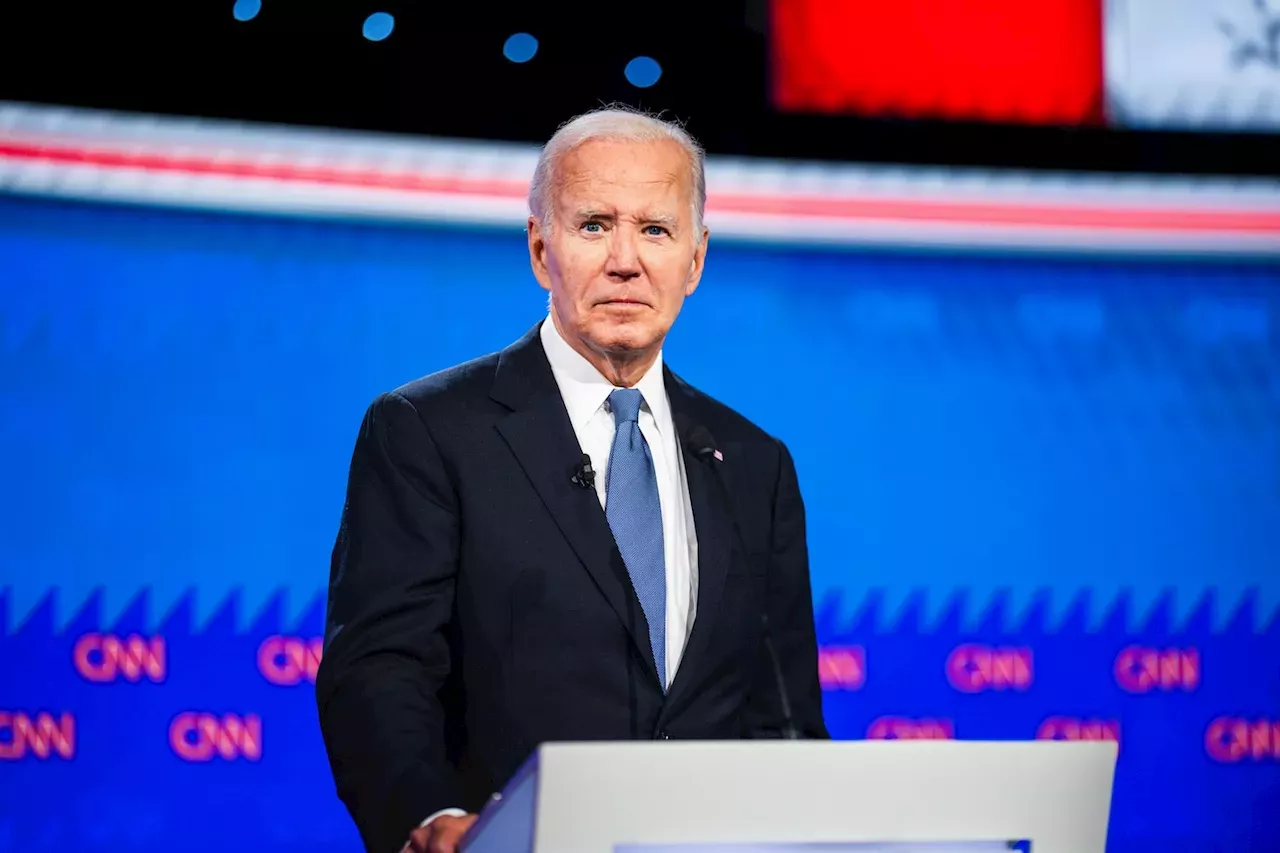Political Implications of Biden’s Potential Departure
The potential departure of President Joe Biden from office would have significant political implications for the Democratic Party, the Republican Party, and the balance of power in Congress.
Impact on the Democratic Party and its Agenda
Biden’s departure would create a void at the head of the Democratic Party, which is already facing challenges in maintaining unity and advancing its agenda. A new president would likely have different priorities and approaches, potentially leading to shifts in policy and a reorientation of the party’s message. The party would also need to find a new standard-bearer for the 2024 presidential election, a task that could be complicated by the lack of a clear successor.
Consequences for the 2024 Presidential Election, Will biden step aside
The departure of Biden would also have a major impact on the 2024 presidential election. The Democratic nominee would likely be a different candidate, and the Republican nominee would have a different opponent. This could lead to a very different campaign dynamic and outcome. The election would also be a referendum on the Biden presidency, and the outcome could shape the future of the Democratic Party.
Implications for the Balance of Power in Congress
The departure of Biden could also have implications for the balance of power in Congress. If Biden were to leave office before the end of his term, the vice president would become president. This would give the Democrats a majority in the Senate, as the vice president would be able to break ties. However, if the Republicans were to win control of the House of Representatives in the 2022 midterm elections, they would be able to block much of the Democratic agenda.
Economic and Foreign Policy Considerations

Will biden step aside – The potential economic and foreign policy consequences of Biden stepping aside are complex and far-reaching. His departure could have a significant impact on ongoing initiatives, global markets, and international relations.
Economic Consequences
Biden’s departure could create uncertainty in the markets, leading to volatility and potential economic instability. Investors may be concerned about the future direction of economic policy and the ability of the new administration to manage the economy effectively. This uncertainty could lead to a decline in investment and economic growth.
Additionally, Biden’s departure could affect the ongoing trade negotiations with China. The new administration may have a different approach to trade policy, which could lead to increased tensions and disruptions in the global supply chain.
Foreign Policy Implications
Biden’s departure could also have significant implications for ongoing foreign policy initiatives. His departure could weaken the United States’ position in international negotiations and make it more difficult to achieve diplomatic solutions to global challenges.
For example, Biden’s departure could complicate the ongoing efforts to negotiate a nuclear deal with Iran. The new administration may have a different approach to the negotiations, which could lead to a breakdown in talks and an increase in tensions in the region.
Additionally, Biden’s departure could affect the United States’ relationship with its allies. The new administration may have a different approach to foreign policy, which could lead to a shift in the balance of power and a weakening of the United States’ global influence.
Historical Precedents and Constitutional Implications: Will Biden Step Aside

The prospect of a sitting president stepping aside from office is a rare occurrence in American history, with only a handful of such instances having taken place.
Presidential Departures and Constitutional Provisions
The Constitution provides for the orderly transfer of power in the event of a presidential departure, outlining the line of succession and the procedures for filling the vacancy. Article II, Section 1, Clause 6 states that the Vice President shall become President if the President dies, resigns, or is removed from office.
The 25th Amendment, ratified in 1967, further clarifies the process of presidential succession and provides for the temporary transfer of power in cases where the President is unable to fulfill their duties. Section 4 of the amendment allows the Vice President to become Acting President if the President declares themselves unable to discharge the powers and duties of the office.
Historical Examples
In American history, there have been several notable instances of presidents stepping aside from office:
- George Washington (1797): Retired after two terms, setting a precedent for the two-term tradition.
- James Monroe (1825): Retired after two terms, following Washington’s example.
- Andrew Johnson (1869): Impeached by the House of Representatives but acquitted by the Senate, he remained in office until the end of his term.
- Richard Nixon (1974): Resigned in the face of impeachment and criminal charges related to the Watergate scandal.
- Gerald Ford (1977): Assumed the presidency upon Nixon’s resignation and served the remainder of his term.
Role of the Vice President
In the event of a presidential departure, the Vice President plays a crucial role in ensuring continuity of government. As Artikeld in the Constitution and the 25th Amendment, the Vice President becomes President upon the departure of the incumbent.
The Vice President’s role is to assume the powers and duties of the presidency seamlessly, maintaining stability and ensuring the smooth functioning of the government.
Line of Succession
In the event that both the President and Vice President are unable to fulfill their duties, the line of succession established by law determines who will assume the presidency.
The line of succession, as Artikeld in the Presidential Succession Act of 1947, includes the Speaker of the House of Representatives, the President pro tempore of the Senate, and members of the Cabinet in order of their department’s creation.
Speculations about President Biden’s potential departure have raised questions about who could succeed him. Potential candidates include Vice President Kamala Harris, Secretary of Transportation Pete Buttigieg, and Senator Elizabeth Warren. However, it remains unclear whether Biden will step aside before the end of his term, and the race for his replacement remains uncertain.
As the 2024 presidential election draws near, speculation about President Will Biden’s future intensifies. Some observers believe he may step aside to make way for a younger candidate, while others argue that he should remain in office. Amidst this debate, the recent rise of Joyner Holmes , a rising star in the Democratic Party, has added another layer of intrigue to the situation.
As the election approaches, Biden’s decision on whether to seek a second term will undoubtedly shape the political landscape.